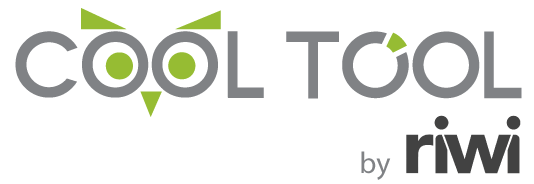Countries across Eastern Europe and Eurasia have seen increased efforts in recent years by foreign actors, especially Russia, to influence their domestic governance. As the region experiences greater democratic backsliding, the media has become a battleground for would-be autocrats and their opposition. These vulnerabilities can open doors to malign foreign actors to skew narratives and push propaganda in a country’s media, to the detriment of democracy and civil society. With the rise of social media, Internet penetration, and smartphone uptake complicating the picture, development practitioners seeking to counter this through funding in-country programs are often left with little reliable data and poor ground-level information about a country’s media landscape.
To flesh out the citizen component of media resilience, AidData partnered with survey firm RIWI and leveraged their novel Random Domain Intercept Technology to field the survey online, which mixed self-reported questions about behavior and factual questions to provide objective tests. The team fielded a digital survey in ten of the 17 E&E countries that asked 35 questions about respondents’ media literacy. Driving this research was the observation that “If governments and media are captured by foreign actors, the last line of defense are citizens and their ability to identify and reject (or not) disinformation and misinformation.
Between March 28 and April 5, 2022, the Carter Center China Focus engaged RIWI to conduct a survey of Chinese public opinion regarding Russia’s invasion of Ukraine. Results demonstrate that 75% of respondents agree that supporting Russia in Ukraine is China’s national interest, and that roughly 60% of respondents support China mediating an end to the conflict. Through this survey, the Carter Center was able to demonstrate that higher education, more consumption of state media, and more consumption of social media are correlated with higher support for Russia. Theyalso examined public opinion with respect to the conspiracy theory that American biolabs were discovered by Russian forces in Ukraine. Among those who have encountered the conspiracy theory, roughly 70% of respondents believe this conspiracy theory is accurate. Somewhat counter-intuitively, higher education and greater exposure to national state media and social media are also associated with higher levels of belief in the conspiracy theory, and that women believe it less, while older people believe it more.
Other disinformation assessment and intervention work recently conducted by RIWI includes assessing the reach of Chinese state-owned media narratives in South Africa and Ethiopia, identifying influential anti-vaccine narratives and susceptibilities conspiratorial beliefs to in Canada, and gauging levels of media literacy to withstand Russian disinformation amongst citizens in 10 Eastern European countries.


